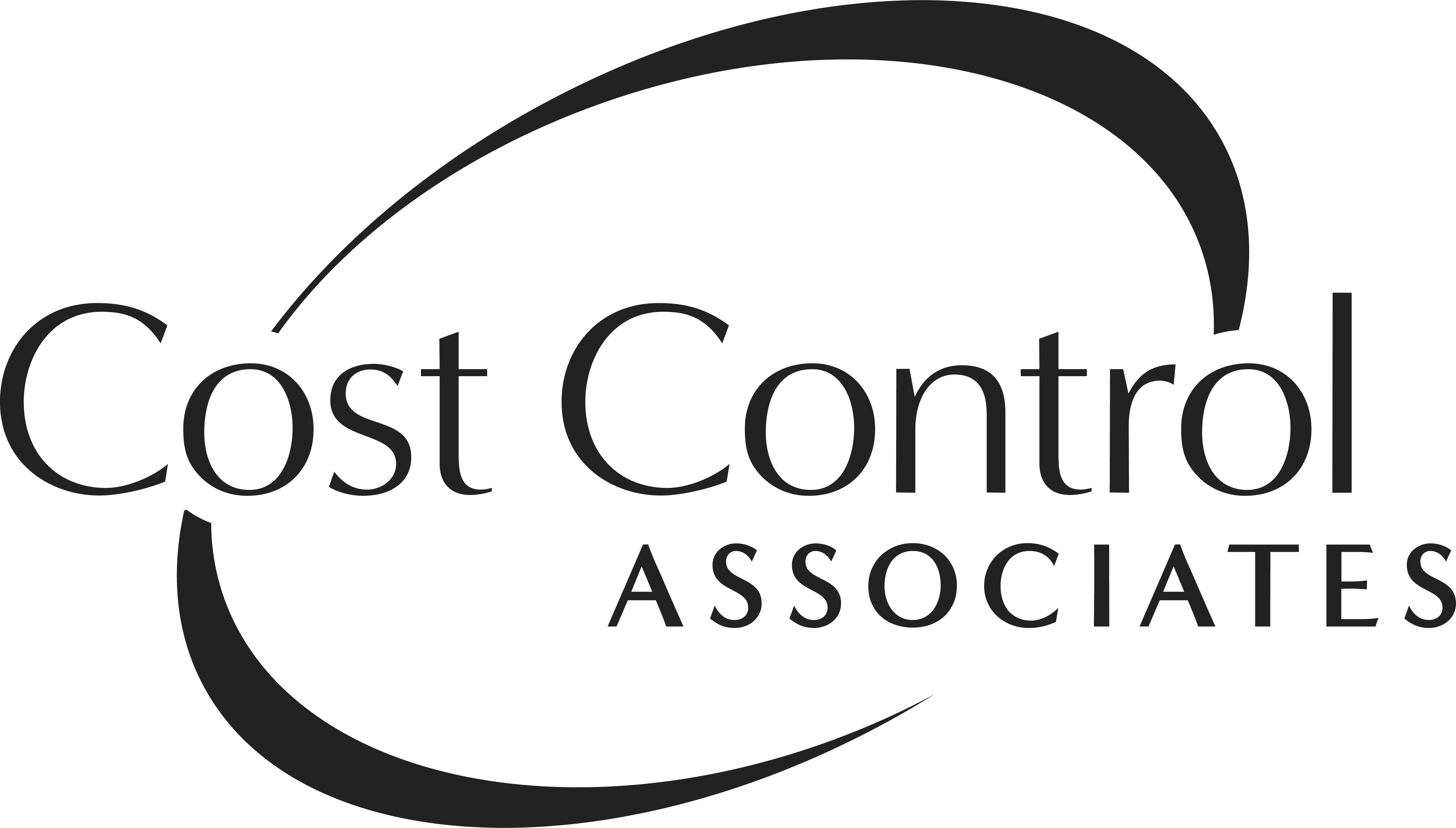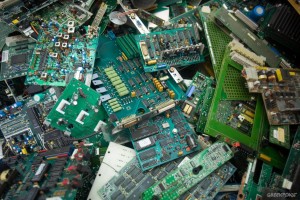Electronic waste has become a problem of global proportions. Electronic waste, or “e-waste,” like old phones, computers and servers, must be disposed of with special care and handling. If not disposed of properly electronic waste ends up sitting in landfills here, or more likely, abroad in less-developed countries.
Electronic waste contains toxic chemicals, such as lead, arsenic, beryllium, cadmium and polyvinyl chloride. These chemicals can be harmful to waste handlers in addition to the environment. Even worse, these chemicals pose a significant threat to future generations when absorbed into soil, water and air.
For example, if things like circuit boards and phone casings are incinerated, they release extremely toxic halogenated dioxins and furans. These are known to cause cancer, reproductive disorders, endocrine disruption and numerous serious health problems. Heavy metals, such as lead, seep into the food chain. We already see this type of pollution domestically. In less-developed countries, where 80% of all electronic waste ends up, lack of preparation and remediation effort could pose serious threat to future generations in those countries and with globally repercussions.
What are Regulators Doing About e-Waste?
As a result of recent awareness of these issues and measurable environmental damage, almost every developed country around the world has begun implementing programs aimed at mitigating the environmental harm caused by electronic waste. Although the United States has yet to ratify the 1989 Basel Convention (an international treaty controlling the export of hazardous waste from wealthy countries to poorer ones) have started cracking down on electronic waste and its disposal.
 There are now laws in place in over half of the United States that govern e-waste removal. As of January 1, 2015 New York State has joined the effort with a new curbside ban on electronic waste. While the law is targeted mainly at individuals and households, businesses, non-profits, government entities and municipalities are required to abide by the law.
There are now laws in place in over half of the United States that govern e-waste removal. As of January 1, 2015 New York State has joined the effort with a new curbside ban on electronic waste. While the law is targeted mainly at individuals and households, businesses, non-profits, government entities and municipalities are required to abide by the law.
What Do Curbside Bans Mean for Your Business?
If the proper management and disposal of e-waste can save a company like Sprint $1 billion annually, imagine what it could do for your business. To quantify the cost of putting in place new processes to comply with legislation (if you aren’t already) you should address three items:
- What type of waste is covered under the laws in your state?
- How will you remove e-waste?
- How will you maintain data security?
What’s Covered Under the Laws in Your State?
Before putting a process in place to handle e-waste, first identify what constitutes electronic waste. For example, in New York a full list of e-waste items covered (and not covered) under the law can be found on the New York State Department of Conservation website. Here’s a brief list of items covered:
- Computers
- Televisions
- Cathode Ray Tubes
- Digital and Computer Peripherals (cables, cords and wires accompanying computers and other electronic equipment).
- Small Electronic Equipment
- Small Scale Servers
What Options Are Available For Electronic Waste Removal?
 Once you’ve identified what needs to be recycled and have an idea of how often it needs to be done you can look at the alternatives available to your business:
Once you’ve identified what needs to be recycled and have an idea of how often it needs to be done you can look at the alternatives available to your business:
- E Stewards (Certified Recyclers): E-Stewards are, to be brief, certified businesses and recyclers you can depend on to dispose of e-waste properly. They are committed to globally safe practices and preventing the export of e-waste to countries that aren’t equipped to handle it. While it may cost a little more to use e-stewards, they are rigorously certified and usually have pick-up services not available through state collection sites.
- Buyback Programs: Many manufacturers have e-waste buyback programs, which may even put money back into your business (or give you credit for future purchases).
For example, there is a law in New York State requiring wireless telephone service providers to provide programs to take back old wireless phones. They must do this for free, but many offer buyback programs or credit towards future purchases.
Similarly, the New York State Electronic Equipment Recycling and Reuse Act requires electronics manufactures to “…provide free and convenient recycling of electronic waste to most consumers in the state.” For a list of registered manufacturers and instructions on how to take advantage of these programs, see the New York State Department of Conservation website.
- Deliver your waste to a registered State Electronic Waste Collection Site: Many states have compiled lists of approved e-waste collection sites. If you dispose of e-waste infrequently and have the means to transport it, this may be the best option. To further explore your state,s recycling programs please visit your state website and discover what recycling programs are in place.
Maintaining Data Security
One important concern for organizations when disposing phones, computers, hard drives and servers is data security. Be sure to wipe these devices completely clean of data before disposing.
Under law, manufacturers must provide public information on how to properly erase sensitive information. Many will offer data security as part of a take back program. Be careful when utilizing this option however; it is often classified as a “premium service” and the free take back program will begin to cost you.
Who Pays?
This differs based on the statutes in place your state. In our example of New York State, any for-profit business with 50 employees or less (and not-for-profit organizations with 75 employees or less) is not required to pay for e-waste disposal under the new law. After that the cost varies on what you recycle, frequency and quantity of recycling and how you dispose of e-waste. School districts, municipalities or government entities are not required by New York State law to pay any fee for e-waste removal, but may be charged for “premium services” like maintaining data security.
Is it an added waste removal cost? Yes, but if you approach these laws properly , it doesn’t have to be a big expense. There are several responsible disposal options, and many programs in place within states to promote the proper disposal of e-waste at low cost. With serious long term risks to the populace and the environment, it is important that all organizations (and households) understand the dangers of electronic waste and how to dispose of it properly.
Although this article primarily exemplifies issues for businesses and government entities operating in New York State, there are likely safe and responsible recycling options available in your state. Please reference the EPA website for links to recycling programs by state.
Valerie Paquin is manager of energy services at Cost Control Associates. Since 1999 she has developed her utility-cost expertise for energy, water/sewer, telecom and waste removal. She earned the designation of project executive in 2012. Valerie received her ABA in accounting from State University of New York-Adirondack. Learn more.

